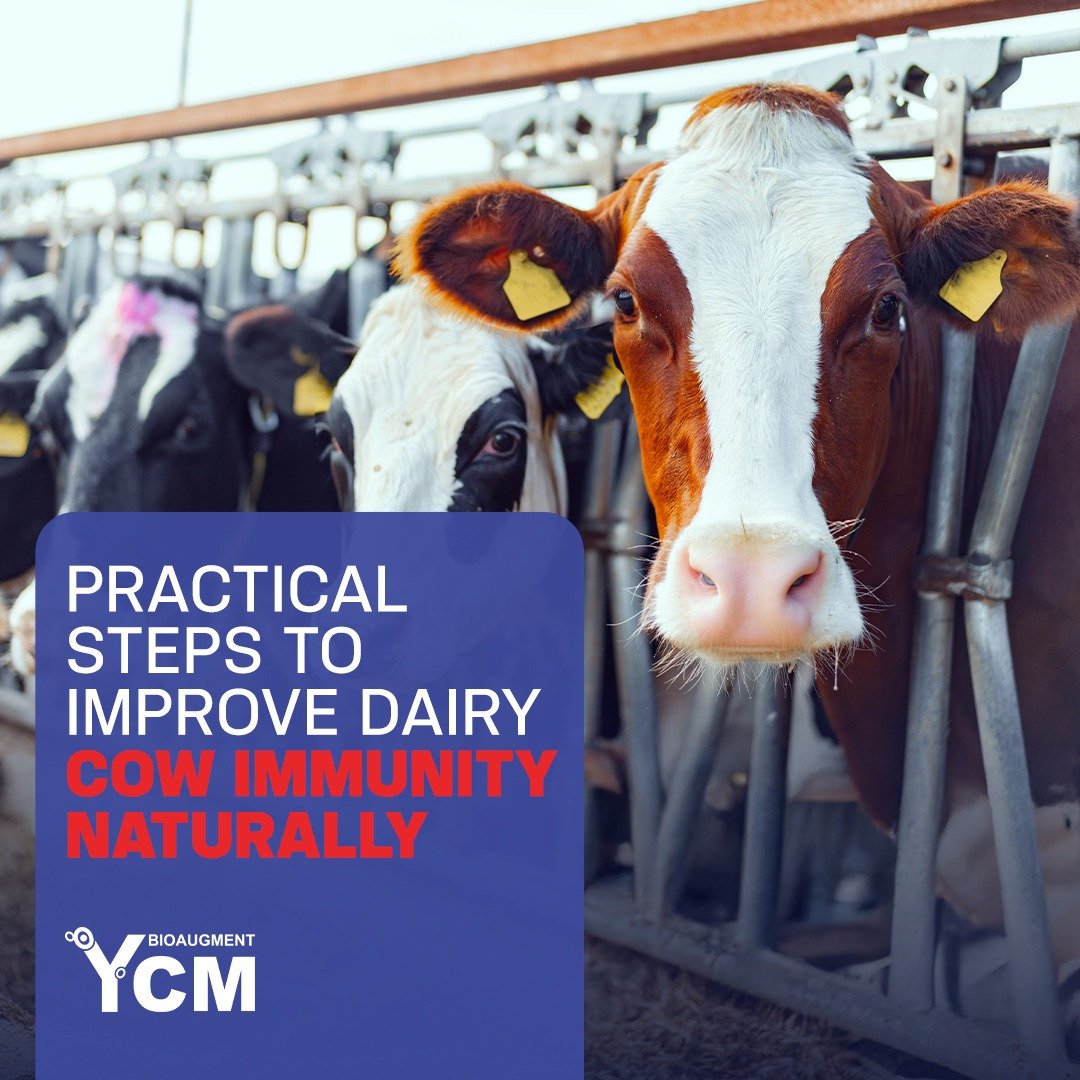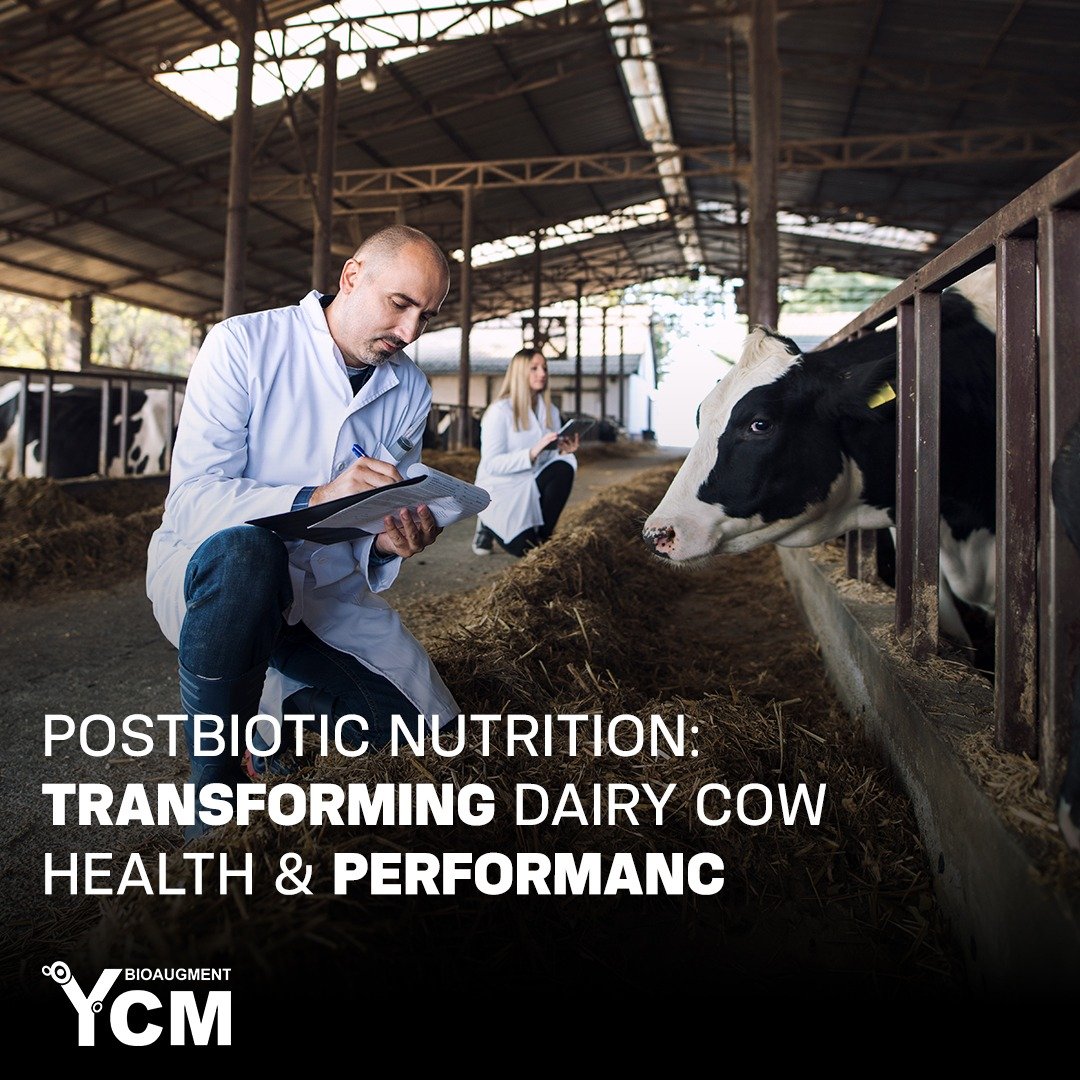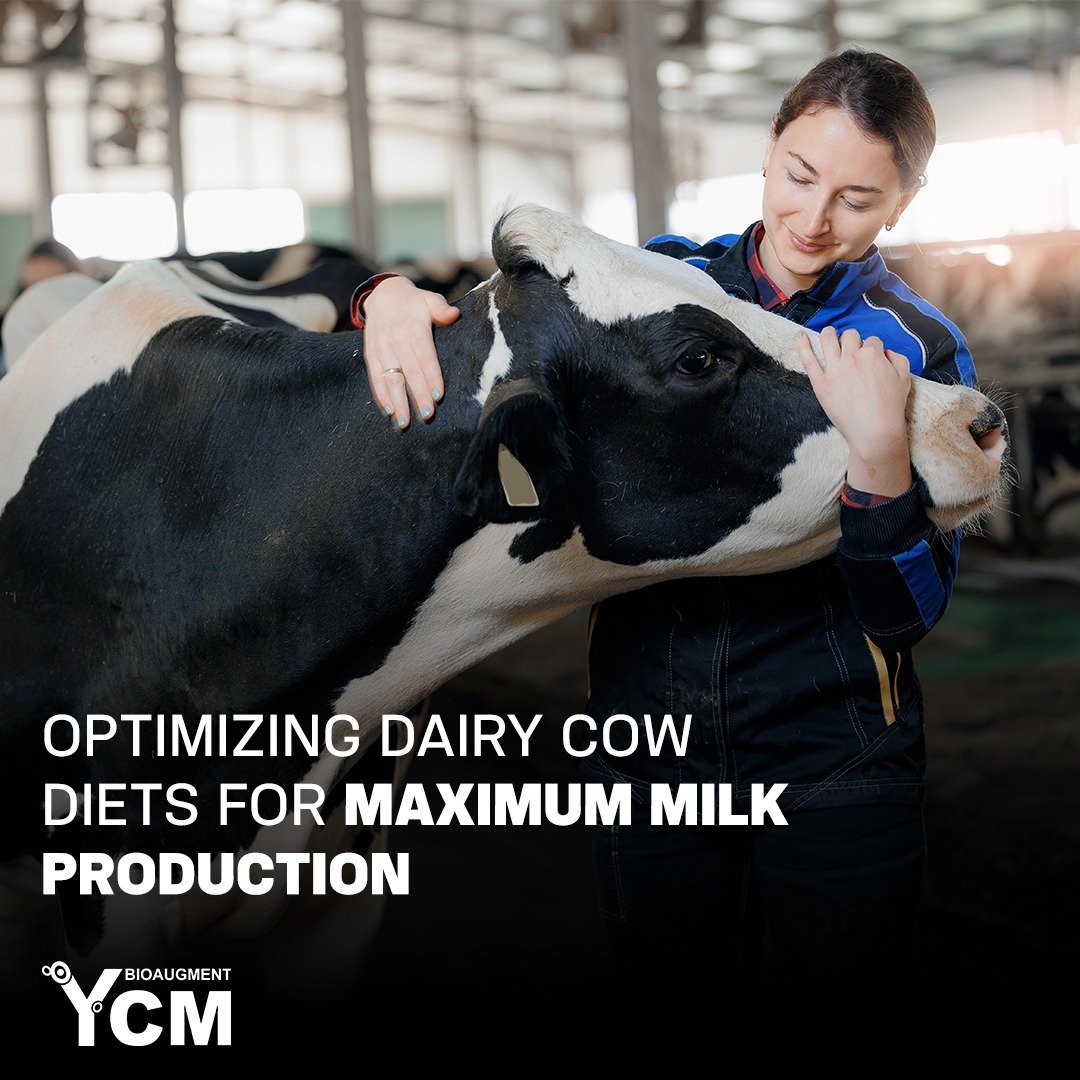In U.S. dairy farming, success depends on more than genetics and herd management—it starts with the right dairy cow nutrition plan. A carefully designed feeding program not only maximizes milk yield but also ensures consistency, cow health, and long-term profitability. By focusing on balanced rations and gut health, farmers can achieve steady production throughout the lactation cycle.
Why Dairy Cow Nutrition Matters
Nutrition is the foundation of milk output. Without proper feed balance, cows may experience fluctuations in production, reproductive challenges, or metabolic issues such as ketosis or acidosis.
Key goals of a nutrition plan include:
-
Supporting consistent energy supply for milk synthesis.
-
Enhancing rumen fermentation for better nutrient absorption.
-
Preventing common health issues linked to poor diets.
-
Promoting reproductive performance alongside milk yield.
Essential Components of a Dairy Cow Nutrition Plan
1. Energy and Carbohydrates
Energy fuels milk production. Diets rich in fermentable carbohydrates (corn silage, grains) must be balanced with fiber to support rumen health and prevent acidosis.
2. Protein and Amino Acids
Protein supports milk protein synthesis and overall cow performance. Incorporating soybean meal, canola meal, or postbiotic additives like YCM (Yeast Culture Metabolites) helps optimize microbial protein production.
3. Fiber and Rumen Health
Effective fiber from forages (hay, silage) maintains rumen pH, stimulates chewing, and promotes volatile fatty acid production—essential for energy and milk fat.
4. Vitamins and Minerals
Trace minerals such as calcium, phosphorus, and magnesium are critical for bone strength, lactation, and reproductive health. Vitamins A, D, and E further support immunity and milk quality.
5. Postbiotics for Gut Efficiency
Postbiotic solutions like YCM enhance microbial balance, improve fiber digestion, and support consistent milk output without relying on antibiotics.
Practical Tips for U.S. Dairy Farmers
-
Adjust feeding programs by lactation stage (fresh cows, mid-lactation, dry cows).
-
Monitor body condition score (BCS) to balance energy intake.
-
Regularly test forage quality to optimize rations.
-
Include buffering agents to stabilize rumen pH.
-
Work with a nutritionist to fine-tune feed efficiency and costs.
A well-planned dairy cow nutrition strategy is the backbone of consistent milk output. By focusing on energy, protein, fiber, and gut health through natural additives like YCM, U.S. dairy farmers can sustain production, improve herd health, and ensure long-term profitability.






